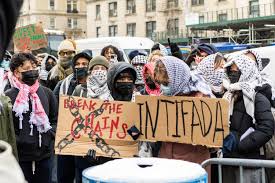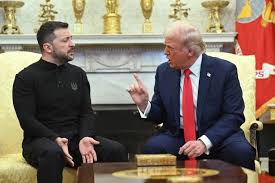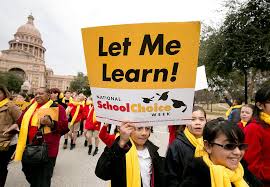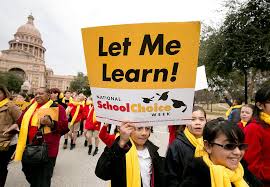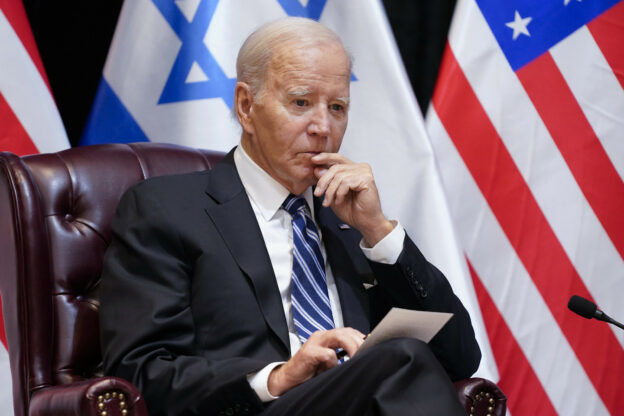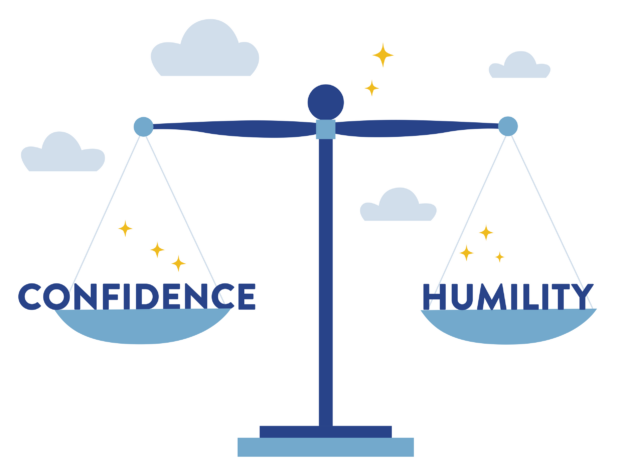It’s odd that, when Moshe Rabbeinu and Yehoshua transmit the shirah of Haazinu to the people, the Torah refers to Yehoshua as Hoshea (Devarim 32:44), his original name. Moshe, of course, had changed his eventual successor’s name 40 years earlier.
Rashi and others suggest that the use of Yehoshua’s original name alludes to the fact that, even as he was about to become the leader of Klal Yisrael, Yehoshua’s original name is used to show that he maintained the humility that had always been part of his character.
A twist on that observation is suggested by Meshulam Fayish Tzvi Gross (who had a weekly chavrusa in Kabbalah with Rav Yosef Yitzchok Schneersohn; and who, as Herman Gross, patented several inventions).
In his sefer Nachalas Tzvi, Rabbi Gross calls attention to the differential of circumstances between when Moshe changed Yehoshua’s name and when, in our parshah, the latter’s original name is employed.
When Hoshea bin Nun was faced with the need to stand up to the other scouts of Eretz Cna’an, to have the independence, clearheadedness and courage necessary to state the facts about the land, Then, Moshe was telling Hoshea, who was exceedingly humble (as Sifri in Shelach notes), to recognize his greatness, his ability to oppose the other meraglim’s report, to not succumb to peer pressure, to have full confidence in himself.
Moshe expressed his hope that Hashem would aid him in that. And so he added a hint to Hashem’s name to Hoshea’s – saying, “May Hashem save you from the intrigue of the scouts” (Sotah 34b).
Now, though, as Moshe is preparing Yehoshua to lead the people into Eretz Yisrael, posits Rabbi Gross, the Torah uses Yehoshua’s original name pointedly, as a message to him – that the independence and bravado that were necessary back when the land was being scouted are not longer needed for – in fact, in a sense diametric to – the assumption of leadership.
A true leader needs what was Yehoshua’s essence: humility.
It’s a lesson that most contemporary leaders seem ignorant of, and would do well to absorb.
© 2024 Rabbi Avi Shafran

